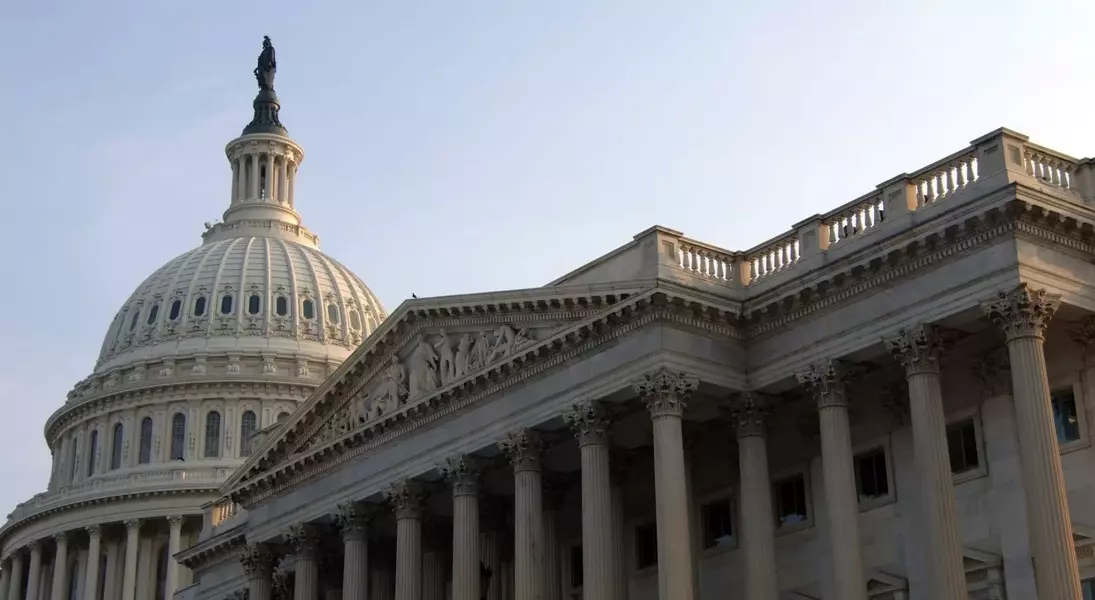
Key Components of the Healthcare Package
Medicare Physician Payment Boost
The healthcare package includes a 2.5% payment increase for Medicare physicians for one year. This boost is significant as it aims to counteract the 2.8% pay cut that was finalized in the Medicare physician fee schedule in November. It provides much-needed relief to these healthcare providers.Such a payment increase will have a direct impact on the financial well-being of Medicare physicians. It will help them meet their financial obligations and continue to provide quality care to their patients. This measure shows the government's recognition of the importance of Medicare physicians in the healthcare system.
Moreover, it can potentially attract more medical professionals to work in the Medicare system, ensuring the availability of skilled doctors. This, in turn, can lead to improved healthcare services for Medicare beneficiaries.
Telehealth Coverage Extensions
For commercially insured patients, there is a two-year extension of pre-deductible telehealth coverage for high deductible health plans linked to health savings accounts. This is a surprise win and a significant development in the telehealth arena.Previously, high deductible telehealth coverage was only extended for one year in a version of the package circulated on Friday morning. The extension to two years provides more stability and certainty for patients and healthcare providers alike. It allows for continued access to telehealth services, especially in areas where in-person visits may be limited or inconvenient.
Additionally, the package includes a two-year extension of Medicare telehealth flexibilities. This includes expanding geographic and originating sites and allowing more provider types to bill for telehealth visits. These flexibilities have been crucial during the COVID-19 pandemic and will continue to play a vital role in providing accessible healthcare services.
Hospital-at-Home Waiver Program Extension
The healthcare package also includes a five-year extension of the hospital-at-home waiver program that CMS has offered since the beginning of the COVID-19 public health emergency. This program allows patients to receive hospital-level care in the comfort of their homes.It offers several benefits, such as reducing the burden on hospitals and providing a more personalized care experience for patients. By extending this waiver program, the government is recognizing the value of home-based healthcare and its potential to improve patient outcomes.
Moreover, it can lead to cost savings for the healthcare system by avoiding unnecessary hospital stays. This is especially important in light of the increasing costs associated with hospital care.
Other Provisions
The final package includes a one- to two-year reauthorization of the Pandemic and All-Hazards Preparedness Act and the Medicare Multi-Cancer Early Detection Screening Coverage Act. These reauthorizations ensure the continued availability of important healthcare measures.The Pandemic and All-Hazards Preparedness Act has been crucial in preparing the country for various health emergencies. Its reauthorization shows the government's commitment to being prepared for future crises.
The Medicare Multi-Cancer Early Detection Screening Coverage Act will help detect cancer at an earlier stage, improving treatment outcomes and saving lives. This is a significant step forward in cancer care.
Members of Congress are still working on a short-term continuing resolution (C.R.) to fund the government for 90 days. The C.R. is separate from the health package, but expiring healthcare programs may also be extended for 90 days as part of the C.R. in case the healthcare deal falls apart.
Lobbyists believe that a decision will be made over the weekend, and the likelihood of a successful healthcare deal remains high. The various provisions in the package are aimed at addressing the needs of different stakeholders in the healthcare system.
